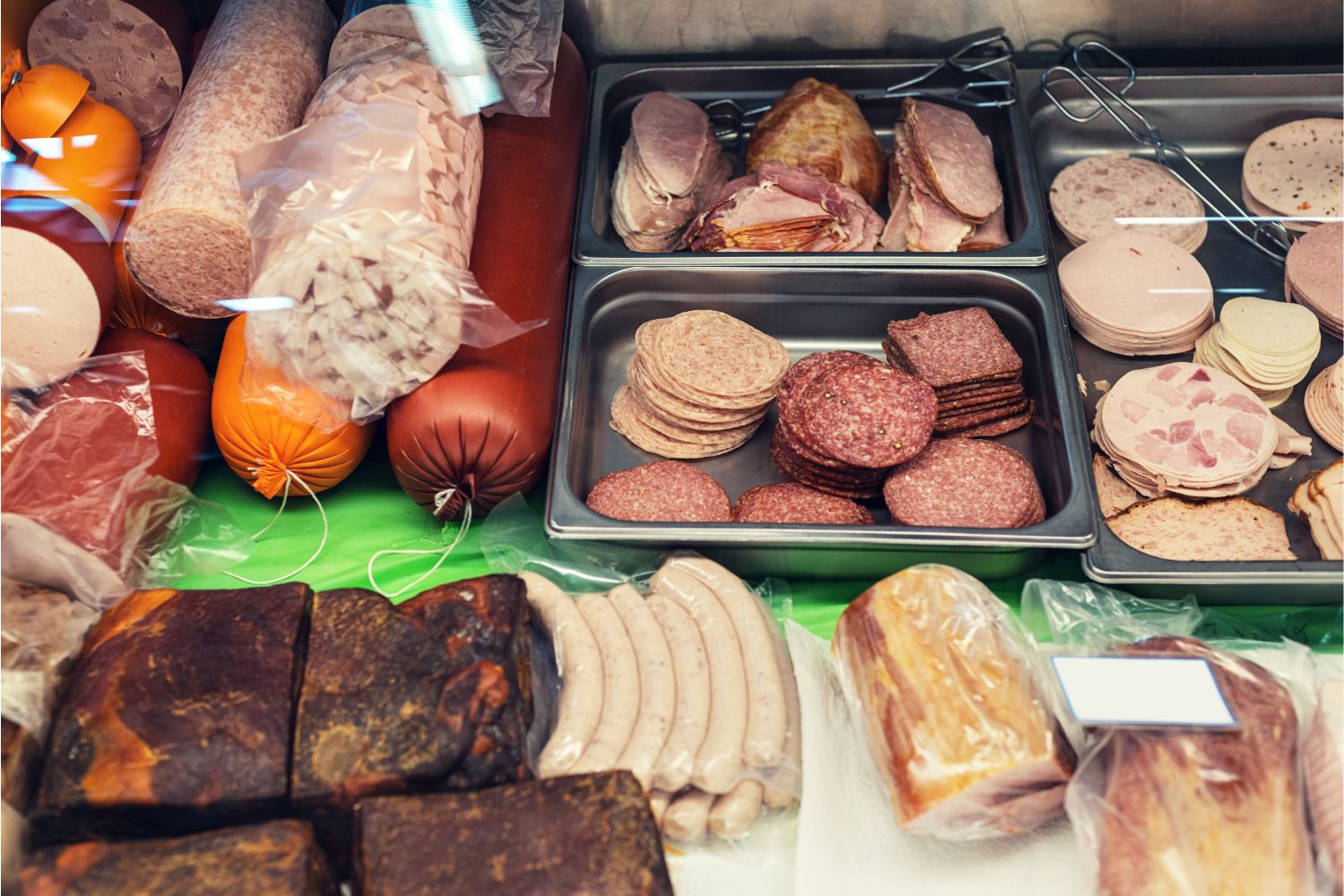Are some ultra-processed foods worse than others? A recent study explains well what the difference is between two macro-categories, one much more harmful than the other

Ultra-processed foods, though sometimes imperceptively, have become major contributors to our diet: from sugary breakfast cereals and hot dogs to soft drinks and flavored yogurts. They make up as much as 73% of the food supply in the United States alone. Not all ultra-processed foods bear the same danger, however, and new research puts a finger on those most risky to health.
A new study published in The Lancet has found that a diet high in ultra-processed foods greatly raises the risk of cardiovascular disease. Conducted over 30 years with a sample size of 200,000 participants, the study shows that individuals who consume the most ultra-processed foods have a 16% higher risk of developing coronary heart disease compared to those who eat less.
The most harmful ultra-processed foods to avoid
Among the ultra-processed foods studied, some have been proven to be the most harmful for heart health. The worst among the studied foods include:
- sugary drinks, like soda and sweetened fruit juices
- processed meats, such as bacon, hot dogs, breaded chicken products, and deli meats, like salami and bologna
The study makes it clear that avoiding these two categories alone can greatly minimize the risks of ultra-processed foods, which in turn points to their role as main contributors to cardiovascular problems.
The less harmful ultra-processed options
Not all ultra-processed foods are equally dangerous. Some products were found to pose lower cardiovascular risks, including:
- sweetened yogurts
- breakfast cereals
- savory snacks
- ice cream-in particular, U.S.-style
These foods can offer fiber, vitamins, and minerals, which somewhat balance the negative effects of industrial processing. For instance, whole-grain cereals and some store-bought bread contain valuable nutrients like fiber and B vitamins. However, they are still processed foods, often with high sugar and preservative contents. While less harmful, they should still be consumed in moderation.
What makes some ultra-processed foods worse than others?
The difference between the “good” and the “bad” lies in the processing methods and ingredients.
Processed meats are typically loaded with sodium and saturated fats.
Sugary drinks contain large amounts of sugar with little to no nutritional value.
These factors exacerbate their negative impact on cardiovascular health.
How to protect your health
Protecting your heart is simpler than it may seem:
- Emphasize fresh foods with minimal processing, such as fruits, vegetables, legumes, whole grains, and nuts. These should be the staples of one’s diet each day.
- Limit food products containing processed meats and sweetened beverages since they are major drivers of health risks.
Finally, bear in mind that processing degree is only one factor: balance and mindful choice remain the cornerstones of a healthy diet.
